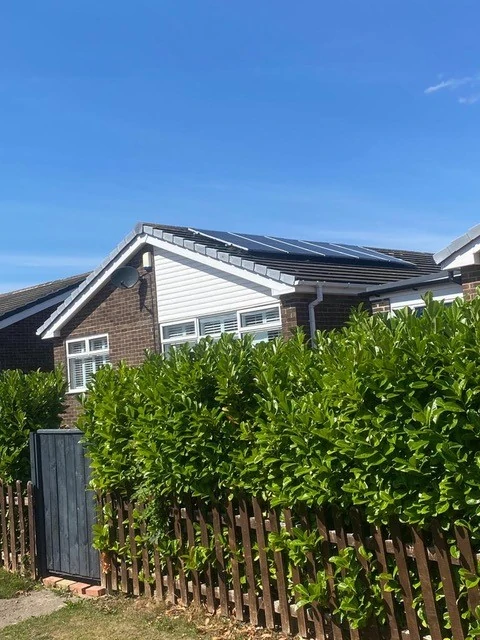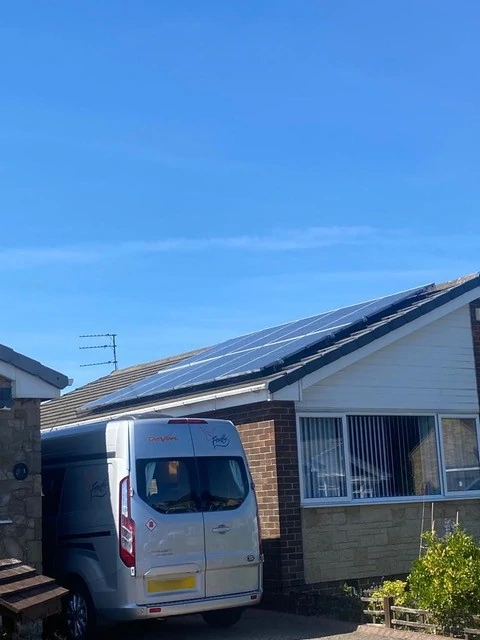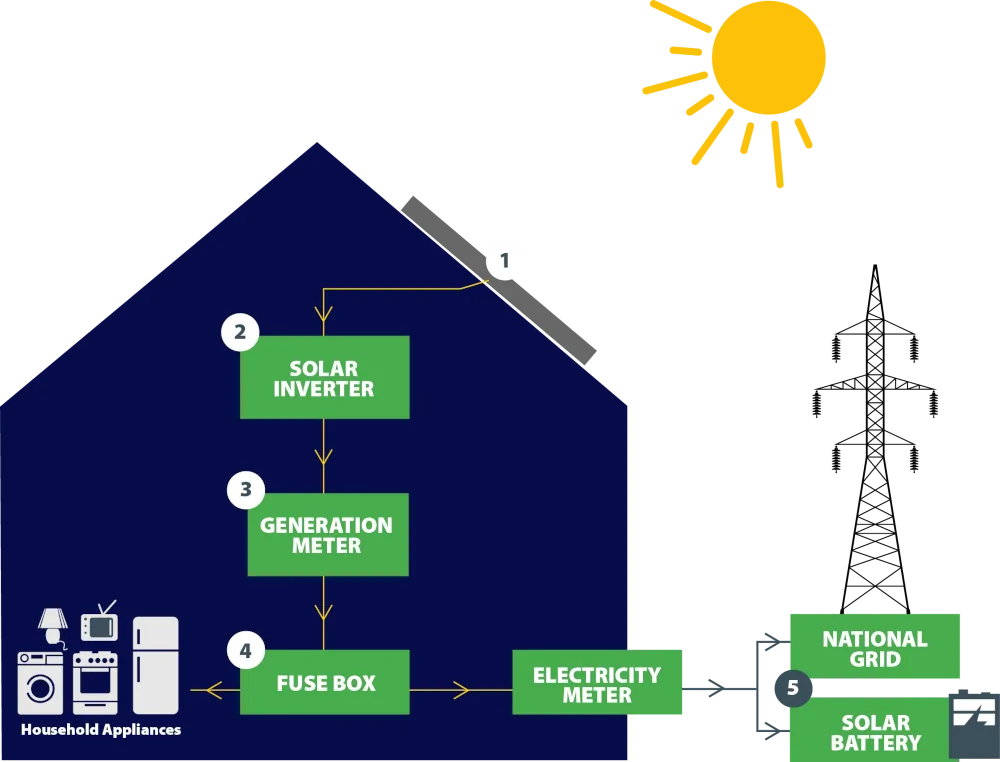Solar Panel installers in the South East
We all know energy prices are rising upwards of 54% due to the energy cap being removed. There is a worldwide energy crisis which is leading to a push in renewable technologies such as solar being installed in people’s homes. Domestically, solar PV is the most affordable solution to offset the continually increasing electricity costs.
Solar could help you save
up to
up to
70%
off your energy bills!






